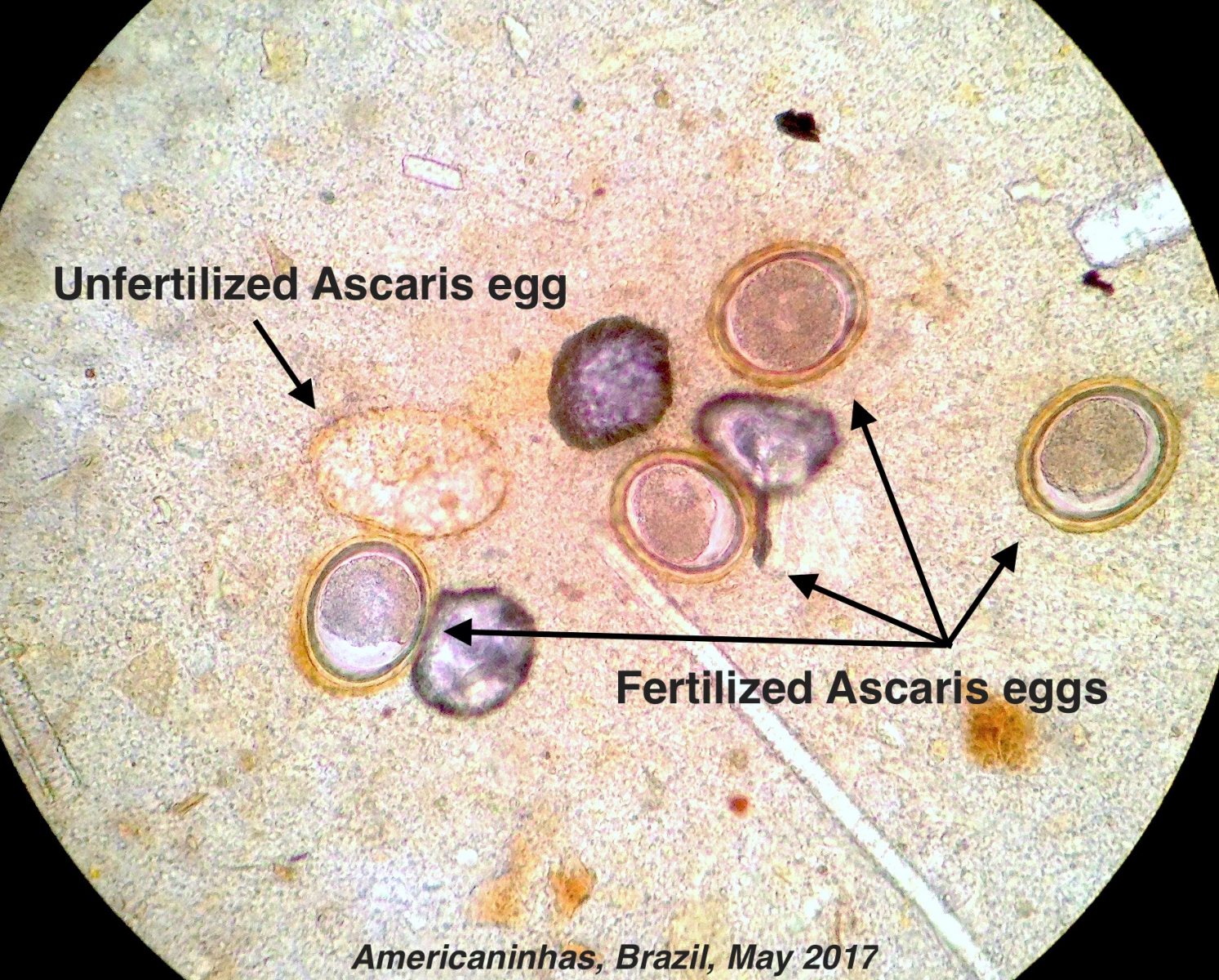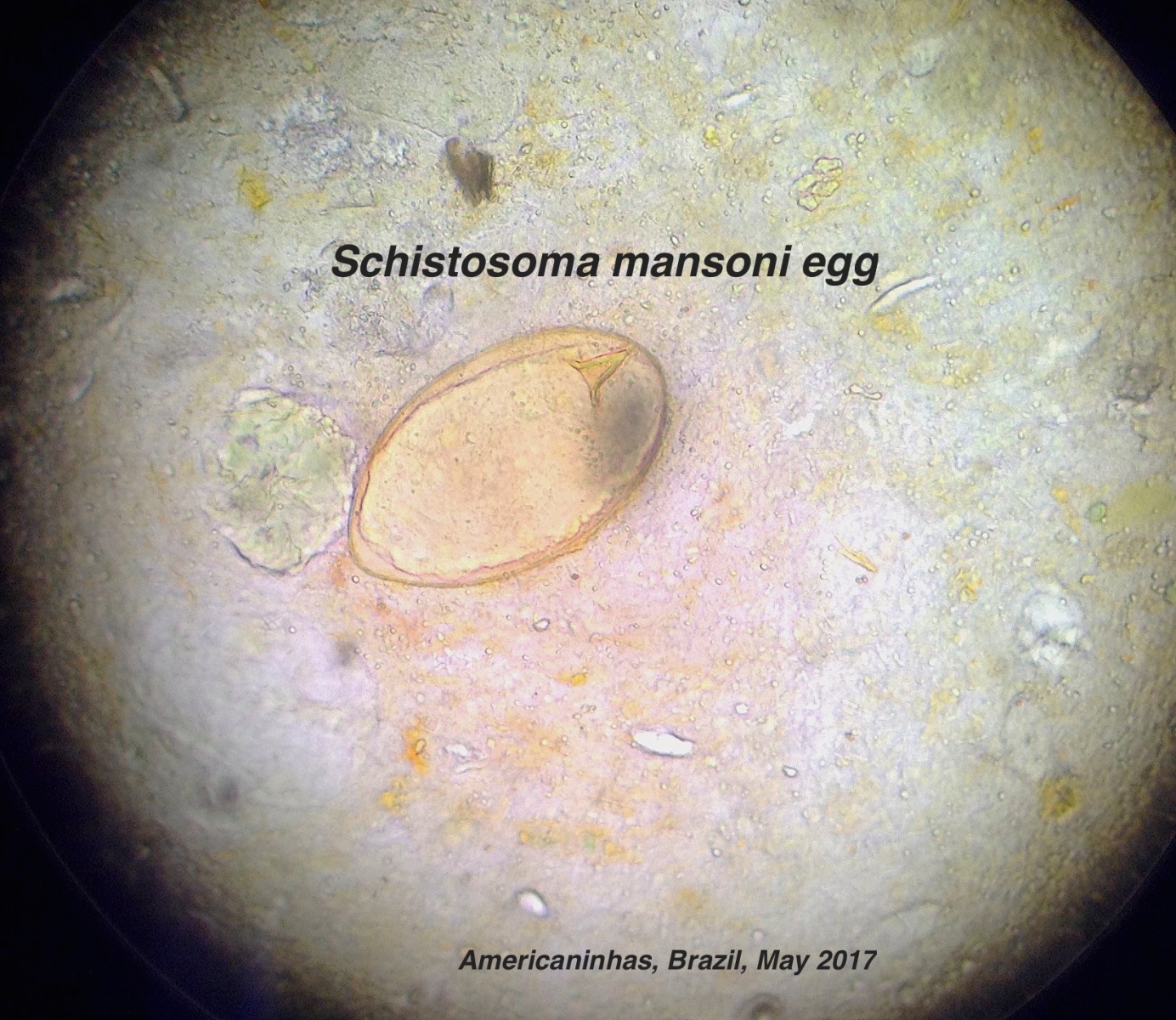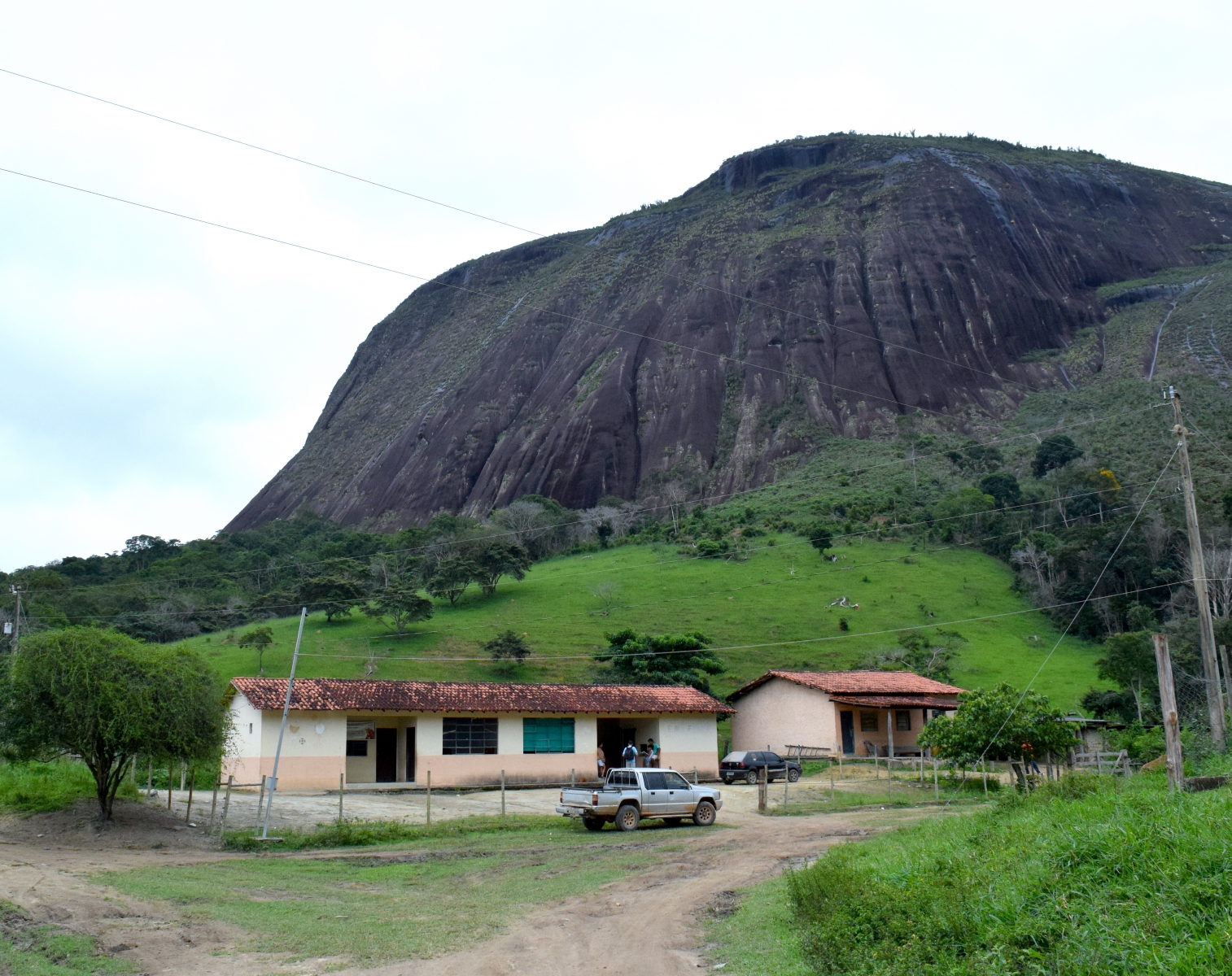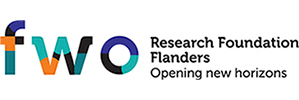This month, the fourth and final site (in Brazil) has begun evaluating the different diagnostic tools for the detection of anthelminthic resistance in soil transmitted helminths as a part of Work Package 1 of the Starworms project.
.jpg)
The Starworms team in Brazil: FLTR: Simone Pinto, Zezinho, Adriana, Gisele, Eliane, Leonardo Matoso, Nikita, Johnny and Toninho.
After a thorough revision of all protocols and documents in the Fiocruz laboratories in Belo Horizonte the investigatory team travelled north-east by car for approximately 12 hours to reach the study area. The schools that were included in the study were located around the village of Americaninhas.
A typical small school in a great natural setting in the close vicinity of Americaninhas, Brazil.
Overall, baseline prevalence for Ascaris lumbricoides was high, with some very high egg loads to be found in some individuals. There was no whipworm in that area as well as very little hookworm. Some Schistosoma mansoni and Enterobius cases were also detected.


The first picture shows the numerous Ascaris eggs (fertilized and unfertilized ones) found in one of the samples collected. The second pictures nicely shows the spike on the egg of Schistosoma mansoni trematode parasite that was occasionally detected in the stool of children in Americaninhas.
Individuals will be treated in the first week of June and follow-up samples collected and examined two weeks later. If the target number of subjects is not reached. Additional sampling will be performed in July. All data for the trial in Americaninhas is expected to be collected by mid-August.




